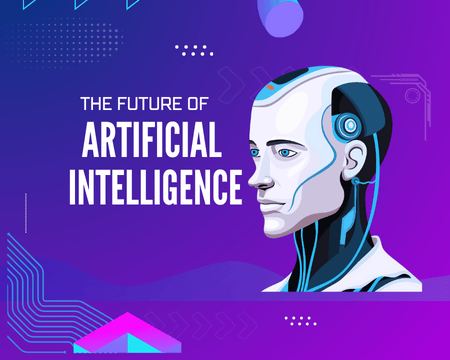The Impact and Implications of AI Technology


Understanding AI Technology
AI, or Artificial Intelligence, is a branch of computer science that focuses on the development of intelligent machines that can perform tasks that typically require human intelligence. These tasks include speech recognition, problem-solving, learning, and decision-making. AI technology can be classified into two categories: narrow AI, which is designed to perform specific tasks, and general AI, which aims to mimic human intelligence across a wide range of tasks.
The Importance of AI Technology
AI technology has become increasingly important in our daily business and personal lives due to its ability to automate processes, improve efficiency, and enhance decision-making. In the business world, AI can be used to analyze large volumes of data, identify patterns, and make predictions, enabling companies to make informed decisions and gain a competitive edge. Additionally, AI-powered chatbots and virtual assistants can provide personalized customer support, improving customer satisfaction and loyalty.
Advantages of AI Technology
There are several advantages of AI technology that have a significant impact on both businesses and individuals:
Automation: AI can automate repetitive and mundane tasks, freeing up human resources to focus on more complex and creative tasks.
Efficiency: AI systems can process and analyze large amounts of data at a much faster rate than humans, leading to improved efficiency and productivity.
Accuracy: AI technology can perform tasks with a high level of accuracy, reducing errors and improving overall quality.
Personalization: AI algorithms can analyze user data and provide personalized recommendations, making experiences more tailored and relevant.
24/7 Availability: AI-powered systems, such as chatbots, can provide round-the-clock customer support, enhancing convenience and accessibility.
Disadvantages of AI Technology
While AI technology offers numerous benefits, there are also some potential drawbacks:
Job Displacement: AI automation may lead to job losses in certain industries, as machines replace human workers in performing tasks.
Lack of Human Judgment: AI systems rely on algorithms and data, which may lack the human ability to consider ethical, moral, or emotional factors when making decisions.
Privacy Concerns: The use of AI technology involves the collection and analysis of vast amounts of personal data, raising concerns about privacy and data security.
Dependency: Over-reliance on AI systems can lead to a loss of critical skills and knowledge among humans, making them overly dependent on technology.
Unemployment: Job displacement caused by AI automation may lead to increased unemployment rates and socioeconomic challenges.
In conclusion, AI technology has become increasingly important in our daily lives, both in business and personal contexts. Its ability to automate tasks, improve efficiency, and enhance decision-making provides numerous advantages. However, it is essential to carefully consider and address the potential disadvantages to ensure the responsible and ethical use of AI technology.
